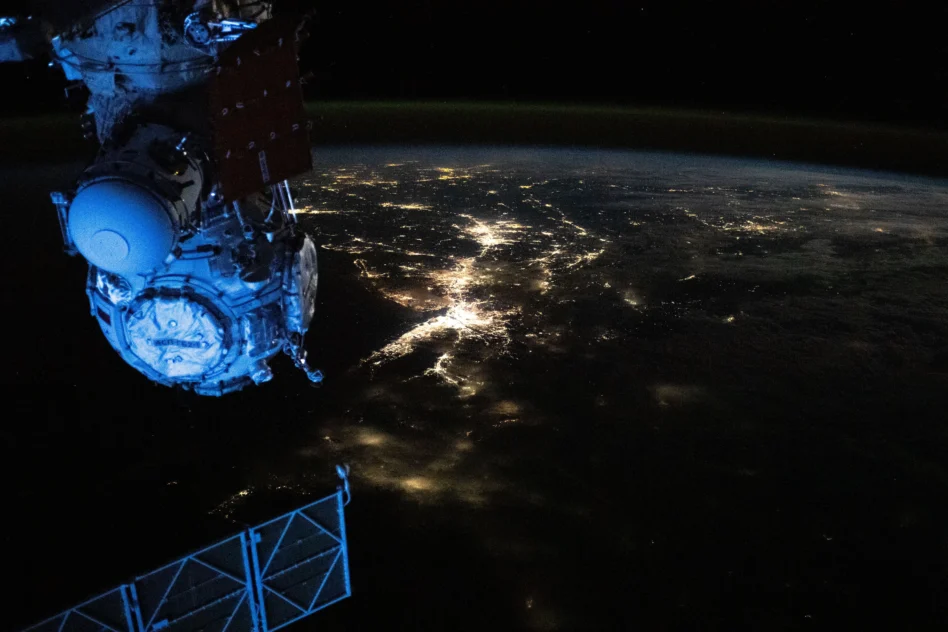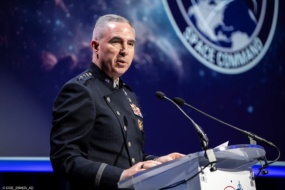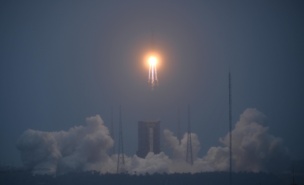Congress should establish a standalone agency to promote the space industry and authorize all US commercial space operations, according to a set of policy recommendations released Tuesday by a leading group of US scientists.
The Federation of American Scientists recommended that the Space Promotion and Regulatory Agency should be formed by merging the FAA’s Office of Commercial Space Transportation and the Commerce Department’s Office of Space Commerce.
“This body, whose activities should be oriented to fulfilling US obligations under the Outer Space Treaty, should be explicitly empowered to also engage in space traffic coordination or management, to manage liability for US space organizations, and to rationalize all existing permitting processes under one organization,” according to the recommendations.
More details: The group recommends maintaining separation between the promotion and regulatory parts of the new agency.
- The agency’s promotion work would entail general advocacy for the US space industry, in addition to offering loans and grants to support commercial R&D.
- The regulatory work would encompass licensing of US commercial space activities and running the Traffic Coordination System for Space (TraCSS), which falls under the Office of Space Commerce.
“In an ideal world, the Office of Space Commerce (OSC) would be able to fulfill this mission with an expanded mission mandate, regulatory authority, and actual resources to promote commercial space development,” the group wrote. “In practice, recent events under both administrations have pointed toward the office being isolated within the National Oceanic and Atmospheric Administration under the Biden administration, while running into similar bottlenecks with the secretary of commerce in the second Trump administration.”
Other recommendations: The proposal from the group includes other recommendations, including:
- Studying things that could hurt space’s economic potential, including how satellites can interfere with critical missions such as SSA and predicting space weather.
- Requiring operators to have insurance for all space missions, to fulfill the liability requirements of the Outer Space Treaty.
- Establishing a list of spacecraft abandoned in space, and creating rules to allow commercial companies to retrieve them.
- Working with the European Union to make sure US companies aren’t hurt by the EU Space Act.




